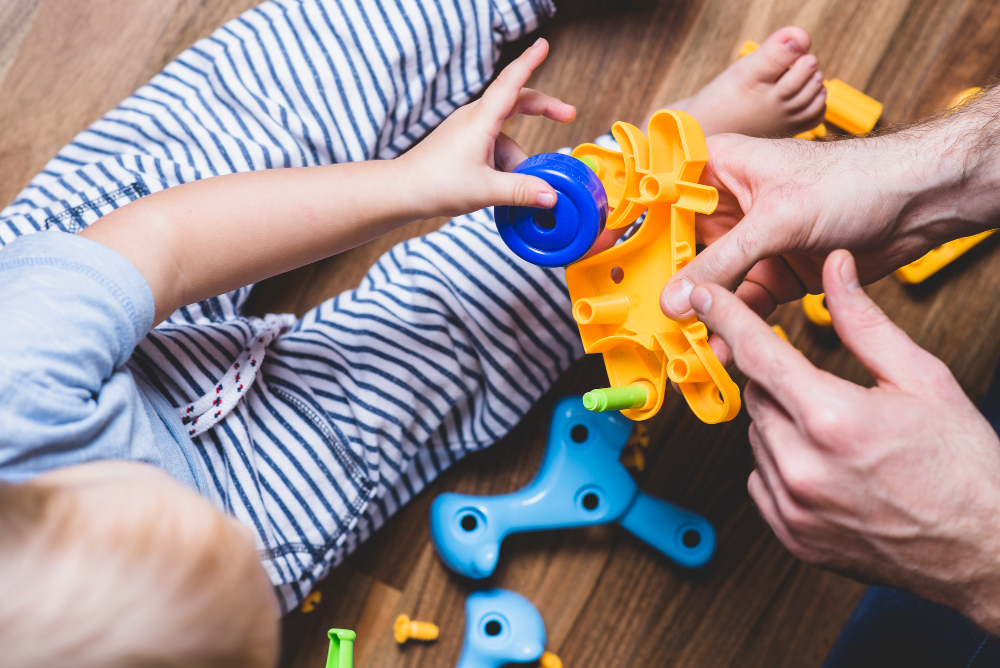
The early years of a child’s life are a period of rapid growth and development, laying the foundation for their future learning experiences. One effective way to enhance this crucial stage is by introducing educational toys. These playthings not only entertain but also stimulate cognitive, emotional, and social development. In this article, we’ll delve into the myriad benefits of educational toys for infants and toddlers.
Cognitive Development:
Educational toys are designed to engage young minds and promote cognitive skills. From vibrant colors and textures to various shapes and sizes, these toys provide sensory experiences that encourage exploration and stimulate brain development. Simple puzzles, stacking blocks, and shape sorters, for instance, help develop problem-solving skills and spatial awareness.
Motor Skills Enhancement:
For infants and toddlers, developing fine and gross motor skills is a crucial milestone. Educational toys often involve grasping, stacking, and manipulating objects, promoting the development of hand-eye coordination and motor skills. Activities like building with blocks or handling toys with different textures contribute to the refinement of these skills.
Language and Communication Skills:
Many educational toys are designed to introduce basic language concepts. Toys with buttons that produce sounds, textures that invite touch, or even simple picture books can enhance language development in infants and toddlers. These toys encourage communication and interaction, laying the groundwork for language acquisition.
Social and Emotional Development:
Educational toys provide opportunities for social interaction, crucial for the emotional development of young children. Playing with others fosters skills such as sharing, cooperation, and empathy. Dolls, action figures, or role-playing toys can encourage imaginative play, allowing children to explore various social scenarios.
Independence and Creativity:
Educational toys empower children to explore their surroundings and develop a sense of independence. Building blocks, art supplies, and open-ended toys encourage creativity and imaginative thinking. These activities foster a sense of autonomy and help build confidence as children explore and express themselves.
Early Learning Foundations:
Introducing educational toys at an early age lays the groundwork for formal education. Toys that teach numbers, letters, shapes, and colors in a fun and interactive way provide a head start in developing foundational academic skills. Early exposure to these concepts can make the learning process smoother when children enter formal educational settings.
Conclusion:
The benefits of educational toys for infants and toddlers are extensive, reaching beyond mere entertainment. These toys contribute significantly to cognitive, social, emotional, and physical development during a critical period of a child’s life. By investing in age-appropriate, educational playthings, parents and caregivers actively participate in fostering a love for learning that lasts a lifetime. As we witness the joy and curiosity these toys bring to young minds, it becomes clear that their impact extends far beyond the playroom, shaping the future of these budding learners.
